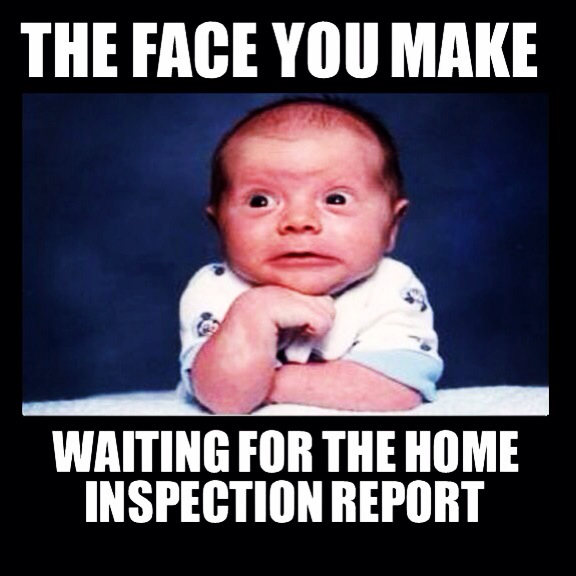“How’s the Denver real estate market?” Being a Realtor© I’m asked question daily and plenty of things factor into the answer; Rising home prices, consumer demand, lack of inventory, new construction changing the face of our neighborhoods, not keeping up with housing demand, skyrocketing rents, the of effect gas and oil prices, interest rates, affordability index, rates of appreciation and what do I think is the next hot area? But the big idea is supply and demand.
The easiest way to bring all of this info into focus is by rolling out the charts and graphs. Take a look at the “Everything You’ve Wanted to Know About the DenverReal Estate Market” chart below and let’s see what it’s telling us.

See those two lines, the blue one and a yellow one? The yellow line is the number of homes for sale in metro Denver every month from January 2007 to December 2015. The blue line is the number of homes sold every month. Inventory peaked in July 2007 at 30,827 homes for sale. That was at the depth of our economic and housing downturn, when fear ruled our market, banks were being shut down, our local and national economies were in shambles, unemployment was rising, and consumer confidence plummeted. No one wanted to take the risk and buy a home. Reasonable doubt about the future took away our appetite for risk. On the seller side home owners were getting slapped with rising monthly mortgage payments as their Option ARM mortgages adjusted upward, sometimes forcing them to sell at the very worst time.
Supply and demand, baby; prices start to fall (2007 to 2009). Around 2010/2011 the market found some balance with 18,000 to 20,000 homes on the market but, like me in my yoga class, it didn’t stay balanced for long. Supply continued to fall… and you know what that means. Just like dating; it’s all about the inventory!
But let’s stop living in the past. In January 2016, there were 4,286 homes on the market! That’s nearly an all-time low for a January since records have been kept. For the past few years we’ve seen an incredibly strong real estate market in metro Denver as the supply of homes performs a vanishing act, putting the imbalance on the other foot. No three dimensional, super fancy, econometrics model can do a better job of explaining the imbalance in our market than this simple chart, but a 3-D printer might be fun.
I know, blah blah blah, Tracy, what about ME? To which I quip, that depends on what you’d like to do. If you own a home and are thinking of moving, it’s an off-the-hook seller’s market and you can expect to get top value for your home (more on pricing later). You’ll need to think about your next home too, and make sure you have planned the process correctly (this is where my mad skills come in) so the transition from your current to future home is seamless. If you’re buying, make sure you’re pre-approved with a strong lender and have a Realtor© who knows how to write a strong and winning offer. (insert mad skills)
So let’s say you’re renting, or one of those basement-dwelling millennials. With rents zooming to all-time highs, you might want to get out of the (basement) rental rat race and buy a home! You’ll need to cultivate patience and persistence but just in case you missed the earlier piece, the payoff can be YUGE! We expect prices to continue to move up for several years as the inventory balances with the demand, meaning you’ll gain appreciation in your home purchase for the next several years, longer if you stay. You could even turn that first home into a rental property!
There’s no better way to build wealth than owning rental properties for the long term. Home prices have risen, but so have rents, and interest rates remain at record lows. Smart investors don’t try to time the real estate market; it’s as difficult to do as timing the stock market. The vast majority of Americans who have built wealth as real estate investors have done it buying rental property and having their tenants pay it off for them over time. It’s not complicated and it works.
Of course, everyone’s situation is unique. If you want to talk about how best to take advantage of our real estate market and see what it can do for you please give me a call. I love talking about the real estate market!
Sellers and pricing Now that I’ve got you all pumped up on the Super-hero strength of our housing market, let me tell you another trend I’ve been seeing. Rising prices come as welcome news to sellers, but lately I’ve noticed that not every home sells in a weekend bidding war. Buyers are not stupid and overly ambitious pricing still means that homes languish on the market. Every day my inbox brings email announcements of price reductions after sellers and/or their agents over-shoot the mark. Call me and I’ll be happy to run a complimentary Comparative Market Analysis on your home to let you know what it’s really worth in today’s market. It’s always better to have an ‘exactament’ than a ‘zestimate’.






![June 16 - Market Snapshot [5608]](https://tracyshaffer.com/wp-content/uploads/2016/06/June-16-Market-Snapshot-5608.jpg)










